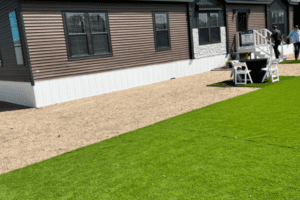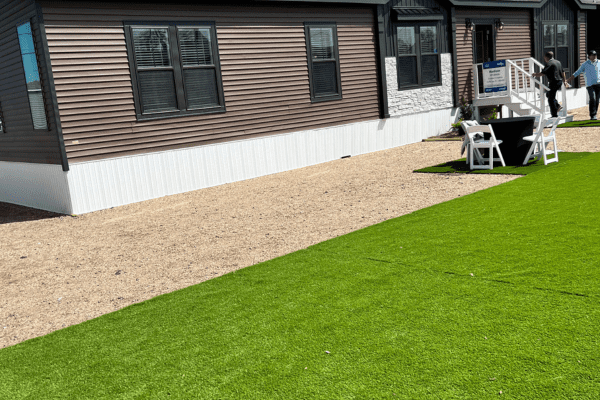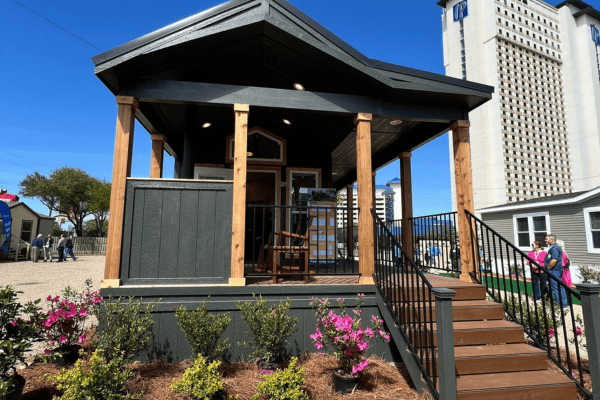Search Engine Marketing (SEM) and Search Engine Optimization (SEO) continues to grow in popularity as it becomes not only a “want” but a must have to compete in everyday life. Every day the success of your business relies more heavily on your performance on search engines. Nearly every business, YES every business, regardless of industry now has some kind of web presence.
Competing on the web continues to become a challenge for any small to medium sized business. Fortunately , with the latest search engine algorithm releases, local SEO has a strong impact on your brand and visibility.
SEO is not a complex monster by any means. The trick is to not to be tricky! The nerds at Google will win every time! Awesome content yields awesome results.
Google recently released the local ranking algorithm Pigeon. This effectively gives more credit to local businesses with local interest. For example, you search for a plumber from a web browser in Dallas, the local rankings will reveal plumbers in the Dallas area versus plumbers in New York (why would those be relevant to you when your toilet’s overflowing?).
Ok, we said..”Awesome“, right? So how do you do that? Let’s start with your website.
- You want a homepage that is visually appealing, YET also contains information about who are you and what you do. If your homepage looks pretty and has zero content, how are the search engines supposed to know who you are?
- The trend we notice now is websites with just a few sentences. Yes, to the point, but there is a balance you need to achieve here. People are busy, give them what they want and quickly, but don’t forget the search engines that deliver your beautiful website to them.
- Do NOT spam keywords. This is an OLD trick that doesn’t work anymore. Write your content for your readers. Watch what happens. If you’re writing for your readers, more often than not, it will be REALLY hard to not include your keyword. It will come naturally, satisfying both the consumer and the search engines.
- Your title tags are super important. Make sure you use them on each page. Include the topic of the page (remember, each page has a reason, a goal).
- Following up on number 4 – each page has a goal. Ensure that you identify the goal of your web pages. What do you want the consumer to do on that page? Are you guiding them through the visit? Try to show them the path you want them to take by using colors, cues, arrows, etc. (No, I’m not talking about a diagram). You want to be subtle yet offering them help at navigating your site.
- H1, H2, H WHAT? Semantic flow is still important as well. H1 tags are used for the most important topic of the page, followed by H2 being a sub-topic, etc. Lay out your page and use your tags correctly.
Local SEO (this is an H2 Title)
A game changer here. With on-site signals now carrying an enormous amount of weight, it’s time to ensure that your Local SEO is performing the way that it is supposed to.
On your website:
- Include City and/or state in your title tags. This will improve your local relevancy.
- Include City and/or State in your H1 heading. Remember #6 above. H1 is the main topic of the page. We are telling Google that our main topic includes a primary interest in our City/State.
- Include geographic specific information (City/State) in your content as well. Don’t overdo this though. Just write normally. Something like, “Painting your Atlanta, GA home can improve its appearance”.
- Include City and/or State in your image alt text. Google can’t see your images, they only see the alt text when indexing your site! Don’t forget the ALT Text.
- City and/or State in URL. If you want to get really specific, try including the City and/or State in your URL for maximum coverage. — Speaking of URLs, if you have 404s on your site, ensure that proper 301 redirects are set up. We’ll cover that one later but a quick search on them would be beneficial.
Google + – Regardless of your industry – YES, you need one.
Google has created this vast Google + network that now incorporates everything Google under one roof. A profile, business page, google maps, reviews and youtube are now all joined together seamlessly at the hip. It doesn’t matter if you don’t want to post to Google or don’t think your audience is there. Bottom line, your business listing is there and YOU NEED THAT.
- Ensure that you claim your Google Plus Page and link it to your website.
- Ensure that your Google Business page has all of the correct information showing, and if not, correct it.
- Google Plus is enough for another post, which can be found here.
These are all tips to help you gain the exposure for your business you need. But remember the bottom line: Make your site awesome! Don’t worry too much about how to make your site rank. If you build an awesome site, publish awesome content and be the best there is in your niche, you’ll rank. The search engines have gotten smart enough now that they weed through the junk and present quality. Don’t forget that their goal is to present the most relevant and engaging experience to searchers.















